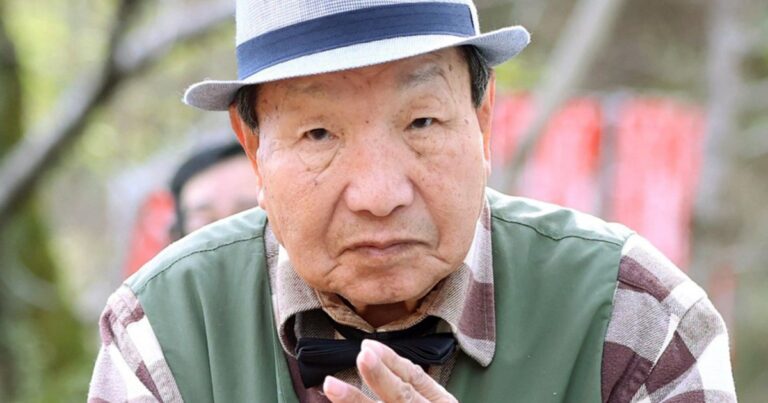Japan has awarded 227 million yen ($1.44 million) in compensation to Iwao Hakamada, a former professional boxer who spent nearly half a century under a wrongful murder conviction before being exonerated last year. The payout, ordered by the Shizuoka District Court, is the largest of its kind in Japanese legal history.
Hakamada, now 89, was sentenced to death in 1966 for the murder of his employer and the man’s family. His conviction was overturned in 2023 after a retrial revealed that police had fabricated evidence and that his confession—initially given under intense interrogation—had been coerced. The court acknowledged that investigators mishandled the case, leading to one of Japan’s most notorious miscarriages of justice.
The compensation breaks down to roughly 12,500 yen ($83) for each year Hakamada spent in detention, much of it in solitary confinement. His legal team has argued that the amount is insufficient given the physical and psychological toll of his imprisonment. Decades under the threat of execution left Hakamada with lasting trauma; his lawyers say he now struggles with severe mental distress, at times retreating into a “fantasy world.”
Hakamada’s exoneration followed years of advocacy by his sister and supporters. He is only the fifth death row inmate in Japan’s postwar history to be granted a retrial—all of whom were ultimately cleared.
Japan remains one of the few industrialized democracies, alongside the U.S., to retain capital punishment. Public support for the death penalty remains strong, despite international criticism and cases like Hakamada’s, which highlight the irreversible risks of judicial error.
While the compensation marks a formal acknowledgment of the injustice Hakamada endured, it does little to restore the decades he lost. His case serves as a sobering reminder of the human cost of wrongful convictions—and the limits of financial redress.




